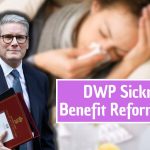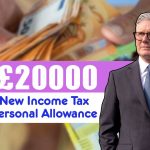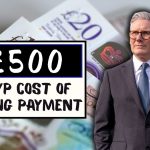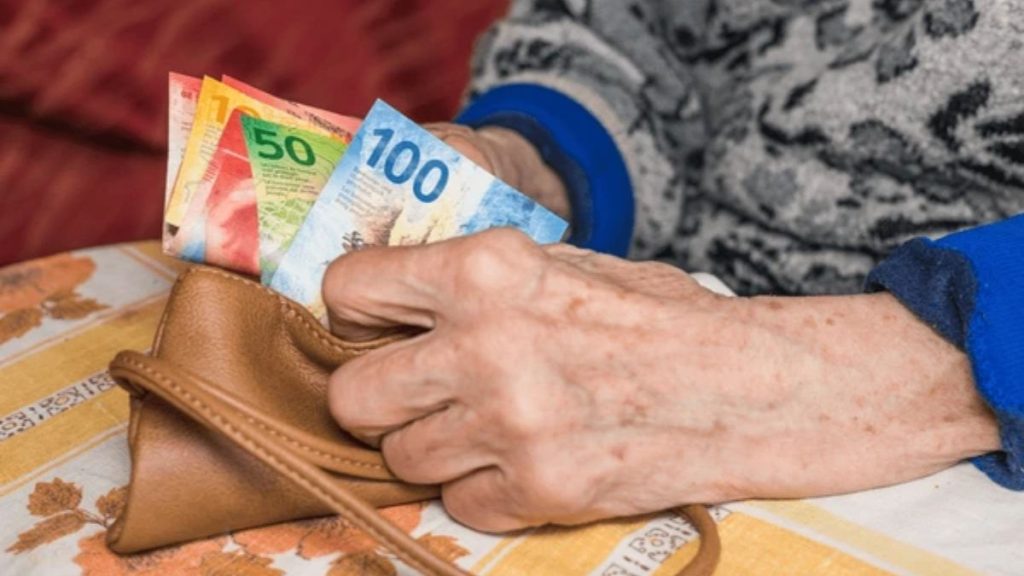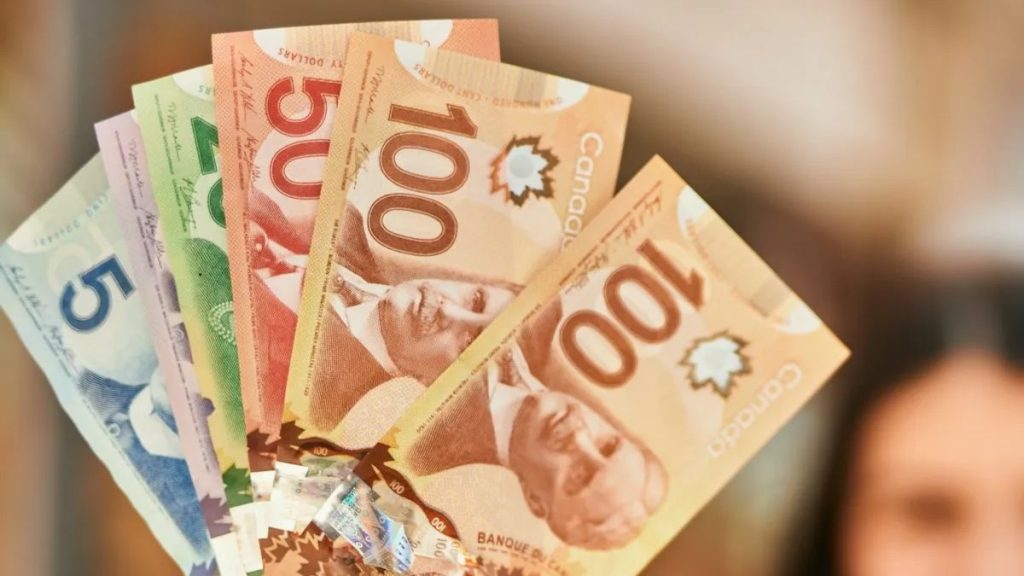The UK Government has confirmed a new £812 cost of living boost, set to be distributed in September 2025. This one-off cash payment aims to help households manage essential bills such as food, fuel, heating, and housing costs at a time when many are still struggling with inflation, high interest rates, and rising living expenses.
Unlike loans or advances, this payment will be a direct transfer into claimants’ bank accounts, ensuring fast and flexible support.
Why the £812 Payment Matters
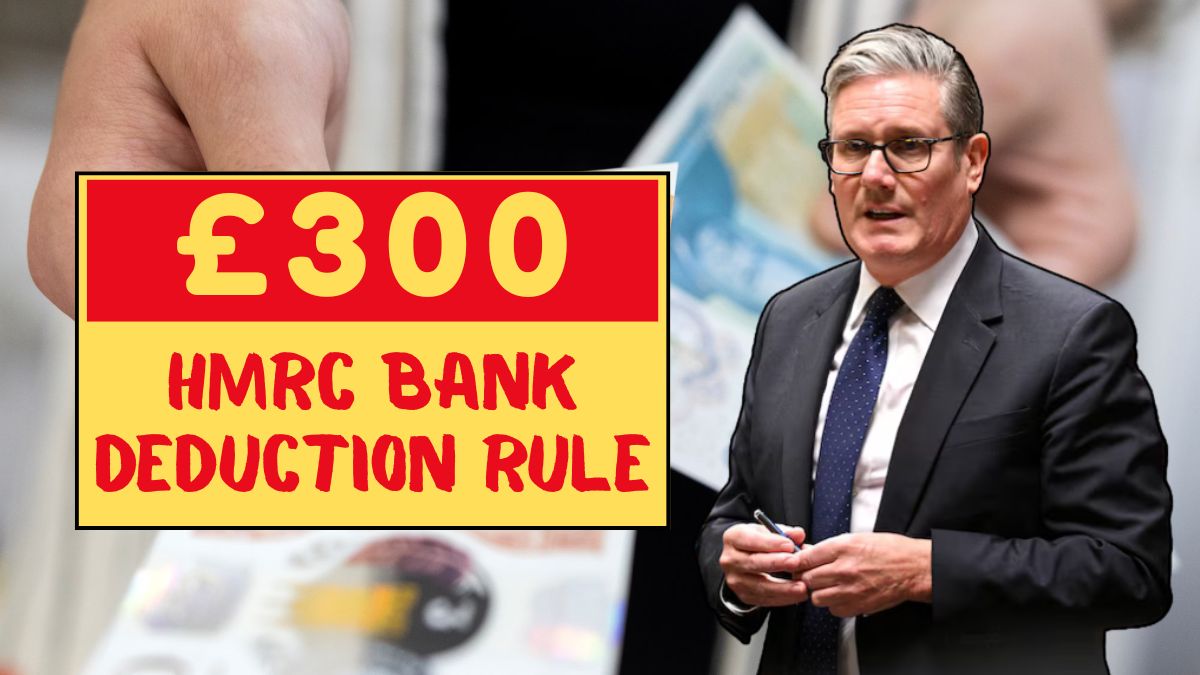
Over the past few years, UK families have battled higher energy bills, food inflation, and increased housing costs. Even small hikes in rent, council tax, or mortgage repayments have left households stretched.
The £812 lump sum offers:
- Relief from arrears on utilities and housing costs.
- Breathing space for pensioners, disabled people, and low-income families.
- A sign that the government recognises ongoing financial pressures on vulnerable groups.
For many, it could mean the difference between staying afloat and falling into debt.
Eligibility Criteria for the £812 Boost
The Department for Work and Pensions (DWP) will manage the scheme. To qualify, households must be receiving certain benefits or meet income-based criteria.
Likely qualifying benefits include:
- Universal Credit
- Pension Credit
- Income Support
- Income-based Jobseeker’s Allowance (JSA)
- Income-related Employment and Support Allowance (ESA)
- Tax Credits (Working or Child Tax Credit)
- Disability-related benefits such as Personal Independence Payment (PIP) or Attendance Allowance
Final eligibility rules will be published closer to the payment date, but the structure is expected to mirror previous cost of living schemes.
How Pensioners Will Benefit
Many pensioners depend heavily on the State Pension, which often fails to keep pace with inflation. Those who also qualify for Pension Credit are prioritised for additional help.
- Pension Credit acts as a gateway benefit. If you successfully claim it before the qualifying date, you may automatically receive the £812 boost.
- Pensioners on Housing Benefit or Council Tax Support may also qualify through linked schemes.
For retirees, checking eligibility well before September 2025 is essential to avoid missing out.
Application Process – Do You Need to Apply?
In most cases, no application is needed. Payments will be made automatically by DWP or HMRC into the same bank account where your usual benefit is deposited.
To ensure smooth payment:
- Keep your bank details up to date.
- Double-check your National Insurance number.
- Report any changes in circumstances (such as income or address) promptly.
If you believe you qualify but haven’t received the payment by mid-October 2025, you should contact DWP or HMRC through their official helplines.
Payment Date and Delivery
The £812 boost will begin distribution on 26 September 2025.
- Not everyone will be paid on the same day. Payments will be staggered over several weeks to manage high transaction volumes.
- Claimants should check bank statements between late September and early October 2025 for a line reading “DWP C.O.L. Boost”.
Impact on Tax and Other Benefits
Good news for claimants:
- The £812 boost is not taxable.
- It does not count as income for most means-tested benefits.
- Your entitlement to Universal Credit, Housing Benefit, or Pension Credit will remain unaffected.
Still, it is advised to keep letters, online notifications, or payment records in case of future eligibility checks.
How Families Can Use the Payment
The flexibility of a cash transfer allows households to decide how best to spend it. Common uses include:
- Paying energy bills ahead of winter.
- Clearing credit card debt or overdraft fees.
- Covering rent or mortgage payments.
- Buying school uniforms, groceries, or essential appliances.
This freedom ensures families can direct the money to their most pressing needs.
Steps to Take Before September 2025
To avoid delays or disqualification:
- Check benefit eligibility – Apply for Pension Credit or other qualifying benefits now.
- Update bank account details with DWP or HMRC.
- Sign up for text or email alerts via your online account.
- Watch for government announcements in case of last-minute changes.
How the £812 Boost Fits with Other Support
The payment is part of a wider package of financial help, which also includes:
- Energy rebates.
- Council tax reductions.
- Winter Fuel Payments for pensioners.
- Disability cost of living payments.
Many households will qualify for multiple forms of support, significantly improving financial resilience heading into winter 2025.
Avoiding Scams
Whenever new DWP payments are announced, fraudsters exploit the news.
- The DWP will never ask you to re-submit bank details via text, email, or phone.
- Payments are free of charge – you do not need to pay a fee to claim.
- Only use the official GOV.UK website or helplines for information.
If in doubt, call DWP using the numbers listed on GOV.UK, not from unsolicited messages.
Looking Ahead Beyond September 2025
At present, the £812 cost of living boost is a one-off payment. Whether further payments will follow depends on economic conditions and government budgets.
Households should not rely on it as regular income, but use it wisely for essentials, debt reduction, or small savings.
Key Takeaways
- £812 boost begins 26 September 2025.
- Automatic payment for most people on qualifying benefits.
- Tax-free and won’t affect other benefits.
- Pensioners on Pension Credit are strongly encouraged to apply now.
- Watch out for scams – rely only on official DWP sources.
FAQs on £812 Cost of Living Boost
Q1: Who qualifies for the £812 payment?
A: People on benefits such as Universal Credit, Pension Credit, Income Support, income-based JSA/ESA, Tax Credits, and some disability benefits.
Q2: Do I need to apply?
A: No. Payments will be made automatically if you are eligible.
Q3: When will I be paid?
A: Payments begin on 26 September 2025, but may take until early October to arrive.
Q4: Will this affect my other benefits?
A: No. The £812 boost is tax-free and does not count as income for means-tested benefits.
Q5: Is this a recurring payment?
A: No. It is a one-off lump sum, though future support may be announced depending on government budgets.



